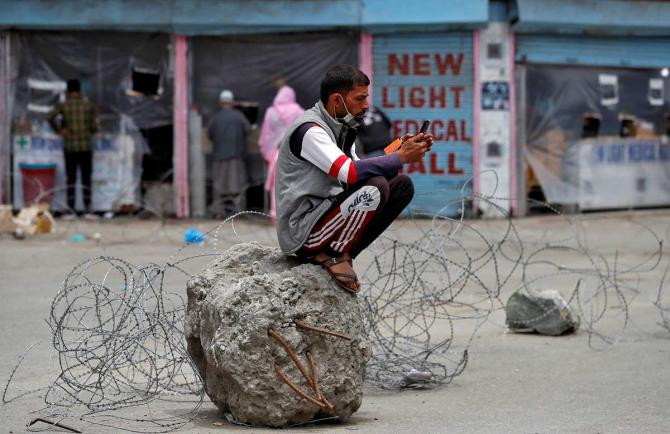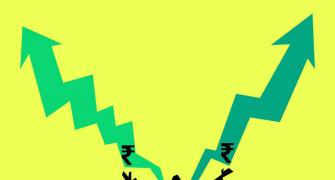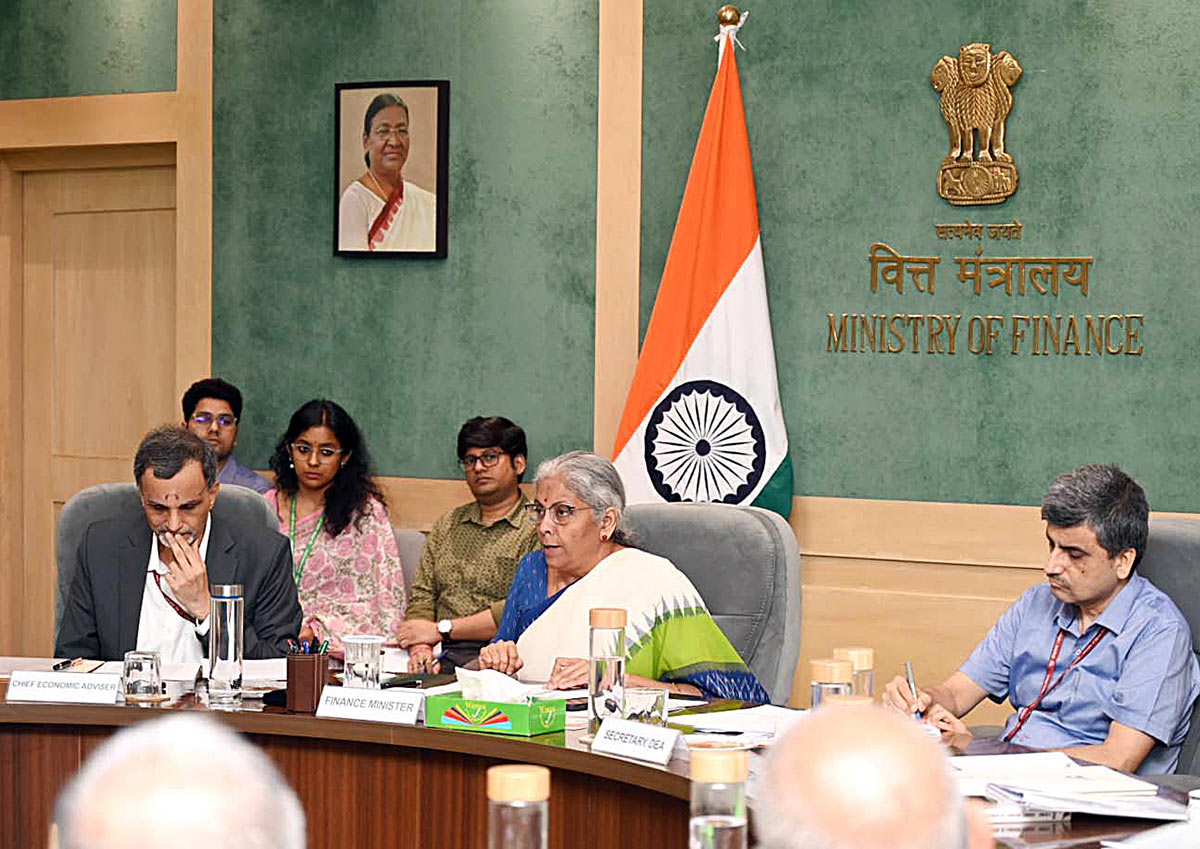Consumers are unlikely to disconnect their mobile connections and will most likely absorb the up to 22 per cent tariff hike imposed last week by Jio, Airtel, and Vodafone Idea (Vi), according to analysts.

The last major tariff hike in 2021 was followed by a 4-5 per cent SIM consolidation, with people leaving mobile operators with more expensive plans for their peers offering comparatively affordable options.
But, the churn will be lower this time as most of the market is already consolidated, investment banking firm JP Morgan said in a note.
"Airtel's lower tariff hikes at entry levels are likely to contain the impact of churn and downtrading," it added.
Recently, Bharti Airtel and Vodafone Idea (Vi) increased mobile tariffs by up to 21 per cent, just a day after market leader Reliance Jio implemented an across-the-board tariff hike of 20-25 per cent.
This has narrowed Jio’s discount to its competitor from 20 per cent earlier to 15 per cent.
Brokerage house Axis Capital echoed the sentiment, arguing the quantum of hike was manageable for both urban and rural users, especially as data usage was sticky.
"While we have taken Bharti (Airtel) as the base case, even Jio’s higher increase in tariffs and 5G monetisation are unlikely to have much impact on household expenditure," it said in a research note.xis said the tariff hike would lead to an additional inflow of Rs 45,600 crore in the next 12 months, but the impact on overall inflation would be low.
"With telecom weight of 1.84 [per cent] in inflation and expected incremental inflow at just 18 per cent over FY24 telecom revenue, we do not expect a meaningful impact on inflation," it said.
All three telecom firms would face lower downgrading risks as a result, Bank of America said. Vi, however, remains most vulnerable to subscriber churn.
While Airtel has raised tariffs by a lesser margin than Jio's 12-25 per cent, it has hiked its 2G subscription plans as well, a category Jio hasn’t touched.
Vi has also focussed the most on unlimited data plans, spanning validity periods from 28 days to one year.
"Introducing 5G data at higher plans will help start monetising 5G investment.
"Further, heavy data users will be pushed to the 5G network, partially unclogging the 4G network," advisory services firm ICICI Securities said in a note.
Industry Arpu to rise
Meanwhile, an analysis by CareEdge Ratings estimated that the revised tariffs would improve the blended average revenue per user (Arpu) of telecom companies by 15 per cent to Rs 220 in the current financial year (FY25), up from about Rs 191 in FY24.
"Our analysis expects every Rs 1 increase in Arpu to add about Rs 1,000 crore to the industry’s profit before interest lease depreciation and tax (PBILDT).
"This will aid the telcos to deleverage the capital, technology upgrades, and in network expansion," it said.
The brokerage house expects PBILDT to rise by 20-22 per cent in FY25.
This is a structural positive for an industry where the Return on Capital Employed (ROCE) — which shows the capital efficiency and profitability — is weighed down by huge investments in 5G rollout, including spectrum purchases.








